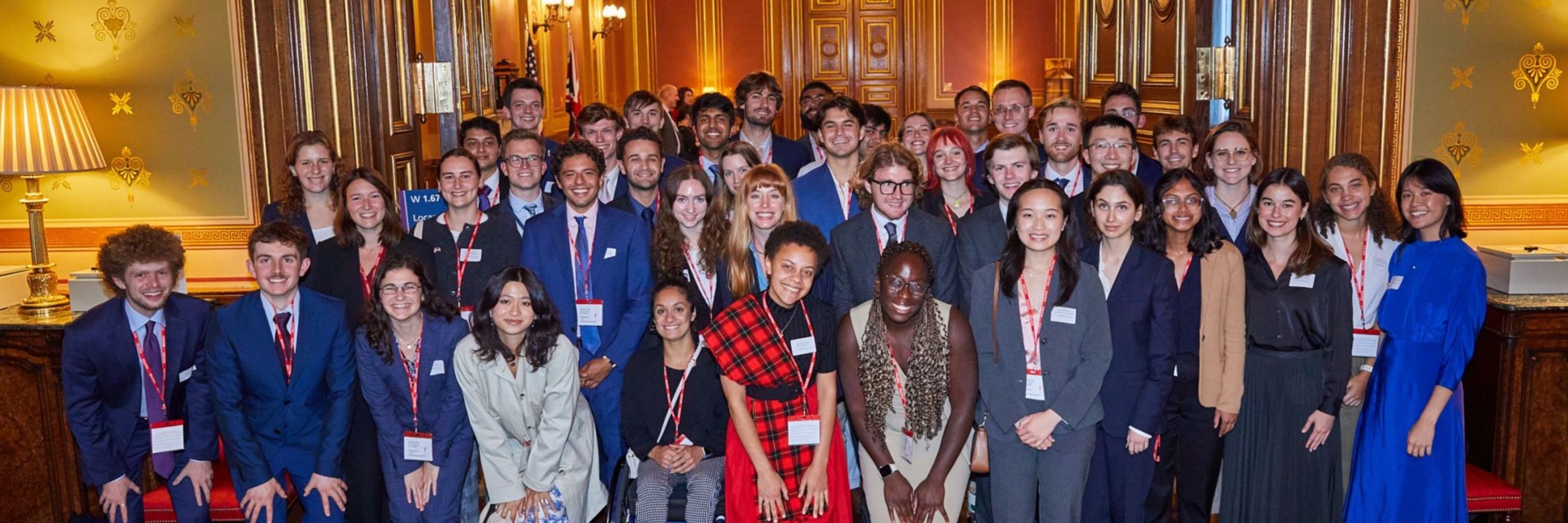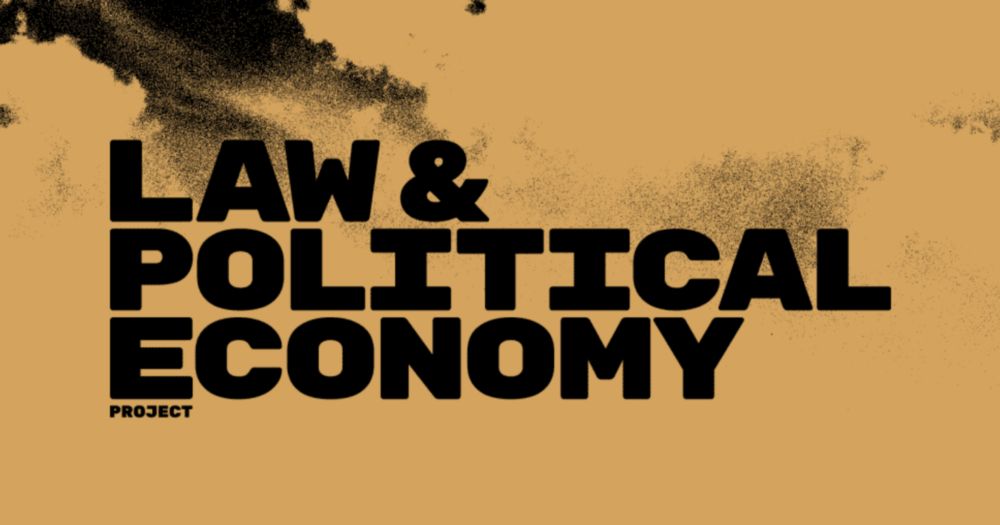
The grad is from China
Epstein and Summers referred to her by the codename "Peril"
Racism and sexual exploitation in one efficient package
bit.ly/3LHpin8



"Labor Market Strength and Declining Community College Enrollment"
We show stronger labor markets since 2009 explain most of the decline in community college enrollments.
wheelockpolicycenter.org/high-quality...
on.ft.com/3WPMwcU

on.ft.com/3WPMwcU
It's also needless because Congress would easily pass a troop pay bill if Johnson were willing to gavel in.
Long thread.

It's also needless because Congress would easily pass a troop pay bill if Johnson were willing to gavel in.
Long thread.
The Trump administration is planning sweeping changes in criminal division at the IRS.
Full Story: on.wsj.com/3LbVFtK

The Trump administration is planning sweeping changes in criminal division at the IRS.
Full Story: on.wsj.com/3LbVFtK
Before deciding to pursue economics, I thought I was going to spend my life as a musician. Back then, D was my biggest inspiration.

Before deciding to pursue economics, I thought I was going to spend my life as a musician. Back then, D was my biggest inspiration.



The Fund is now - thankfully - marching back into the global imbalance part of its mandate.
IMF staff just released an interesting new paper.
“Do trade imbalances boost incomes in surplus economies at the expense of deficit economies?
1/
The Fund is now - thankfully - marching back into the global imbalance part of its mandate.
IMF staff just released an interesting new paper.
“Do trade imbalances boost incomes in surplus economies at the expense of deficit economies?
1/
I started writing this last year; it had this same title last year; depressingly little had to be changed for it to fit in to this moment.
open.substack.com/pub/rottenan...

I started writing this last year; it had this same title last year; depressingly little had to be changed for it to fit in to this moment.
open.substack.com/pub/rottenan...
As @sbagen.bsky.social has argued persuasively, we need to start now with that effort! 1/
donmoynihan.substack.com/p/how-social...

As @sbagen.bsky.social has argued persuasively, we need to start now with that effort! 1/

www.ft.com/content/d5d4...

www.ft.com/content/d5d4...



If they don’t, because the public square is dominated by intimidation and violent threat, democracy must perish.
If they don’t, because the public square is dominated by intimidation and violent threat, democracy must perish.
The Democracy Project at @nyulaw.bsky.social is publishing a daily essay from authors across the ideological spectrum to explore the issues facing democracy today.
Read the first three essays: democracyproject.org

